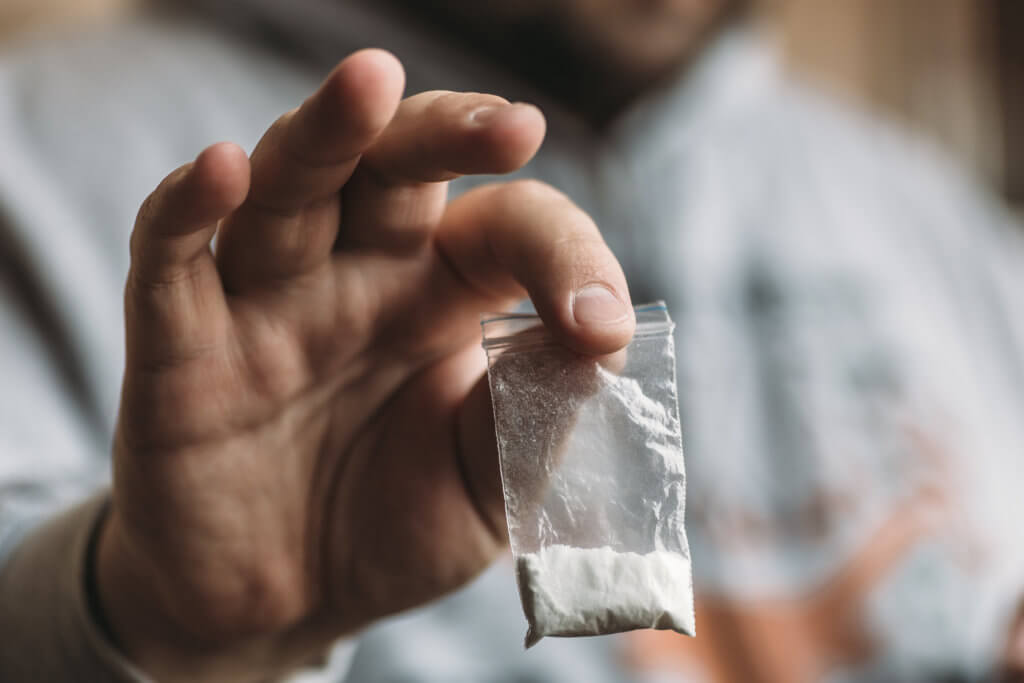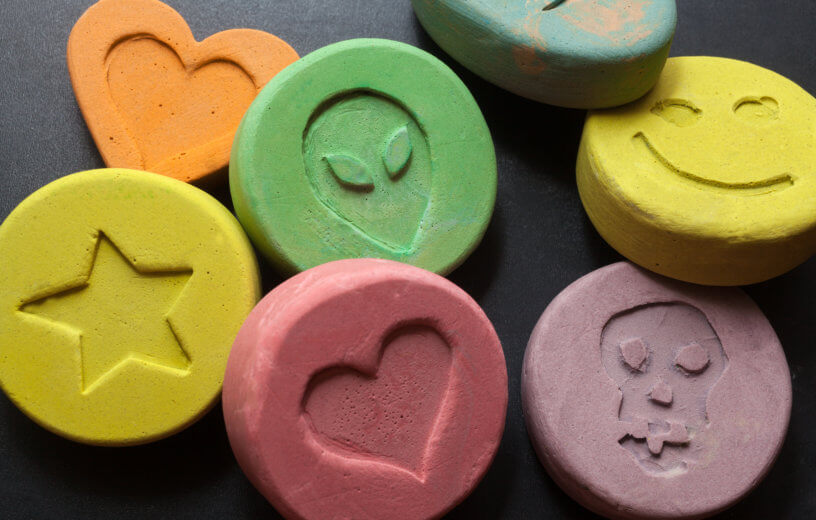CHICAGO — Psychotherapy may soon become psychedelic, according to researchers from the University of Chicago. The recreational psychedelic drug MDMA, also commonly known as ecstasy or Molly, is a common sight at parties, raves, and nightclubs because it fosters feelings of closeness and social connection. Now, the research team at UC says MDMA may also help therapists and their patients build better relationships and hold more meaningful therapy sessions. More specifically, two recent successful clinical trials support the use of MDMA-assisted therapy as a way of treating post-traumatic stress disorder (PTSD).
It isn’t just MDMA, either. Study authors add that the stimulant methamphetamine also appears capable of deepening personal connections following guided conversations.
Initially, researchers set out to assess the pharmacological effects of MDMA and its subsequent influence on social interactions. Over the course of a series of carefully controlled experiments held in a lab setting, volunteers given MDMA reported feeling much more connected to their assigned conversation partner in comparison to others they spoke with after taking a placebo.
Study authors were surprised to see, however, that volunteers who took methamphetamine also reported similar feelings of connectedness. These findings are especially curious considering methamphetamine has never been known to produce the same empathogenic effects (emotional closeness, openness) as MDMA, while also working on an entirely different receptor in the brain.
“MDMA increased feelings of connection, or feeling in sync with their partner, and how meaningful the conversation was relative to when they took a placebo,” says Hanna Molla, PhD, a postdoctoral fellow in the Department of Psychiatry and Behavioral Neuroscience at UChicago and first author of the new study, in a university release. “But interestingly, we found the same exact effect with methamphetamine. Pharmacologically, there are distinctions between the drugs, so there might be some differences in terms of the underlying mechanisms to how these drugs produce feelings of closeness.”

Molla works in the lab of Harriet de Wit, PhD, a professor of Psychiatry and Behavioral Neuroscience at UChicago and senior author of this study. Their team focuses on analyzing how various drugs affect social interactions. This latest project involved pairing healthy, adult volunteers with a partner they had never met. Over the course of numerous sessions, pairs received a 100mg dose of MDMA in a capsule on some occasions, while on others they only took a placebo. In order to minimize the influence of expectancies, these experiments were held under double-blind conditions (participants didn’t know what drug they were taking).
Then, the pairs had to have a structured conversation. Prompts were provided to the pairs as a way of starting casual conversations about favorite TV shows or favorite holidays. Researchers avoided topics that may have encouraged deep introspection or particularly emotional responses.
A similar experiment was also conducted using methamphetamine (20mg dose). While meth is well known for its potential for abuse, it is also clinically prescribed in small amounts to treat numerous conditions including narcolepsy and attention deficit hyperactivity disorder (ADHD). Regarding specific receptor actions in the brain, methamphetamine is similar in some ways to MDMA, but very different in others.
Across both experiments involving both drugs, participants had to rate the overall qualities of their partner and the conversation. The team also gathered saliva samples in order to measure levels of oxytocin, a hormone connected with strengthening social bonds between people. People given real MDMA reported feeling a stronger connection to their partner and having more positive feelings. Oxytocin levels were also higher among those individuals, which appeared to have a positive relationship with how close they felt to their partners. On the other hand, participants taking meth reported similar feelings of closeness with their conversation partners, but those feelings weren’t connected to their oxytocin levels.
Scientists focusing on MDMA have long theorized the narcotic could be used to enhance traditional psychotherapy by way of strengthening the connection between patient and therapist. In theory, this would help facilitate more truthful conversations and help patients feel more comfortable opening up about their emotions.
“When we see that a drug like MDMA is used in a recreational setting, it may be because people believe it makes them more connected. As researchers, we’re interested in what psychological components are involved. Everything we’ve seen with MDMA in controlled laboratory studies suggests that these effects would facilitate psychotherapy and make the process go better,” Prof. de Wit concludes.
“There may be different ways to get people to feel more connected, one mediated by oxytocin as with MDMA, and the other mediated by something else. But it may be that just getting people to talk and have a long conversation makes them feel connected with each other.”
The study is published in the journal Scientific Reports.

